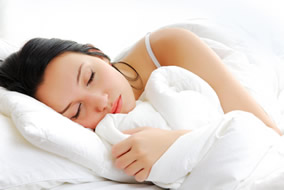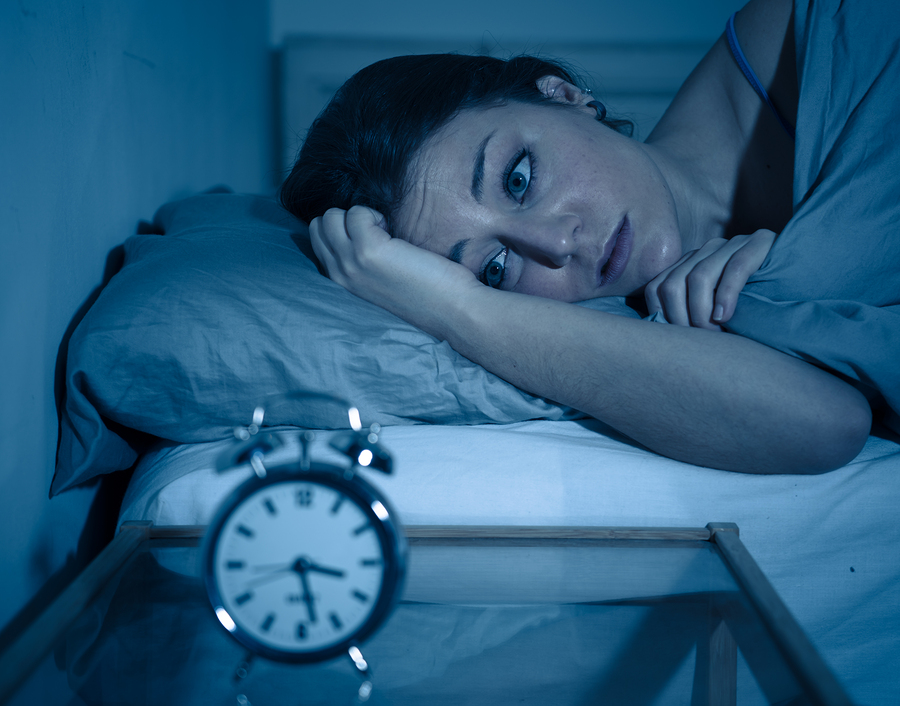
 Submitted by the Baylor College of Medicine….
Submitted by the Baylor College of Medicine….
Daylight Saving Time offers extra sunlight for longer spring and summer evenings, but a sleep expert at Baylor College of Medicine said it is not always the best transition for our internal clock.
“Daylight Saving Time is an imposed one-hour sleep loss that can impact you just as much as losing one hour of sleep on any night,” said Dr. Philip Alapat, assistant professor of sleep medicine at Baylor. “It’s something to be aware of and to prepare for if possible.”
The majority of adults need between 7 and 9 hours of sleep per night, while kids can require up to 11 hours or more. Alapat explains that sleep loss has been associated with negative effects on health and daytime performance:
- Decreased attention span.
- Increased occupational or car accidents.
- In more serious cases, adverse health conditions like stroke or heart attack.
This year, Daylight Saving Time begins on Sunday, March 13, at 2 a.m. Alapat offers tips on how to prepare your body for losing an hour or more of sleep:
- Move your alarm up in 30-minute increments. Alapat recommends starting this at least two days prior to Daylight Saving Time until you wake up an hour earlier than usual.
- If you are unable to work your way up, try going to sleep at least an hour earlier on Saturday or sleep in a little bit on Sunday to help with drowsiness the next day.
- Keep a cool, dark and quiet environment to optimize sleep quality. Cooling your room down will make it easier to fall asleep.
- Limit screen time before bed – avoid watching TV and staring at your phone or I-Pad screen immediately prior to bedtime.
Although Daylight Saving Time disrupts people’s normal sleep routine, Alapat adds that it is a good idea to try to maintain a regular bedtime and wakeup time once you adjust to the time change.
“Most people need a certain degree of scheduling, meaning your body has an expected bedtime and expected wakeup time,” Alapat said. “Any departure from that regular schedule can lessen your sleep quality and cause possible daytime drowsiness.”
Naps
 Finding a time to nap can help with sleep deprivation and catching up on the hours of sleep you missed. Alapat encourages shorter naps of around 30 minutes or less that occur earlier in the day since naps can disrupt your sleep quality further if taken too late in the day.
Finding a time to nap can help with sleep deprivation and catching up on the hours of sleep you missed. Alapat encourages shorter naps of around 30 minutes or less that occur earlier in the day since naps can disrupt your sleep quality further if taken too late in the day.
“The key is to make sure that it does not impair the upcoming sleep period,” he said. “If you are taking a nap at 6 p.m., it might impair your sleep if you normally go to bed at 10 p.m. However, if that nap is at 1 or 2 p.m., it will probably be better tolerated and not impact your night’s sleep as much.”
Sleep aids and melatonin
If you are not used to going to bed earlier, it might be tempting to use supplements like melatonin that help you fall asleep faster. Alapat advises trying the previous tips first, and then consulting a physician before experimenting with any new medication or supplement.
“The likelihood that melatonin in the lower doses (1 or 2 mg) is going to create any significant effect on sleep is slim,” he said. “Whenever you are trying to take medication or supplements to help some aspect of your health, it’s a good idea to get the input of a physician to make sure you are doing the right thing and nothing more serious is going on.”
Alapat recommends visiting a sleep medicine physician if you are experiencing insomnia symptoms, such as the inability to maintain sleep throughout the night on a regular basis, or if you are experiencing persistent daytime drowsiness.
